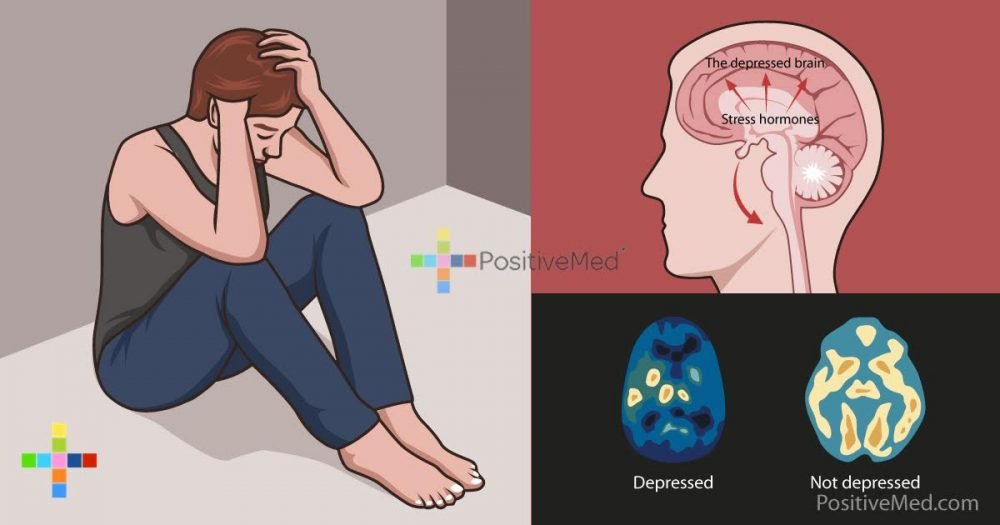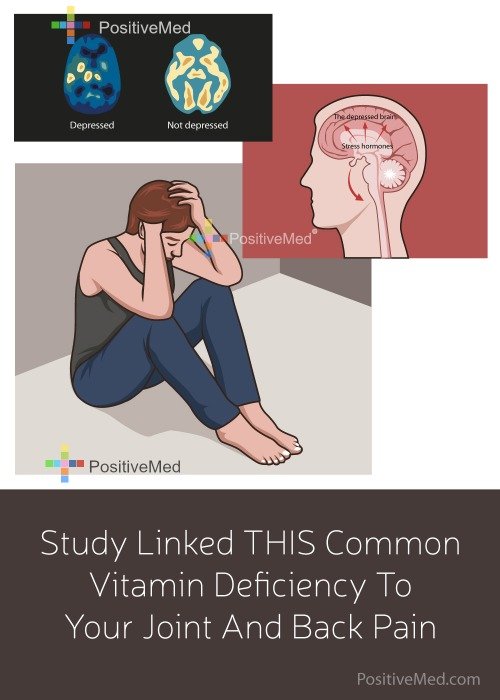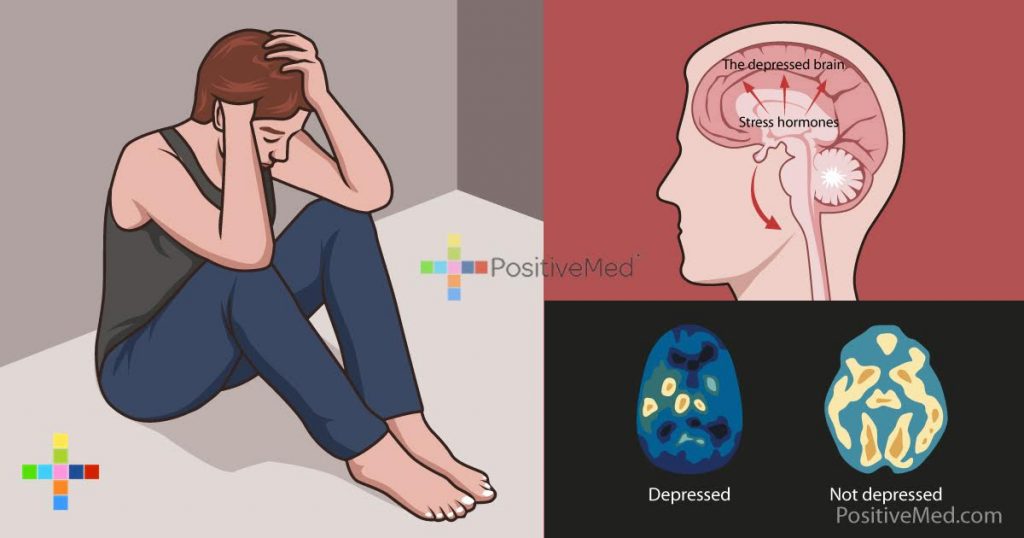[nextpage title=”…”]
There are a variety of ways that depression affects the brain. Experts are not sure why depression results in cognitive dysfunction, but they agree there is a link between the two. Cognitive dysfunction leads to a feeling best described as brain fog, where the patient finds their concentration, focus, and memory impaired.

Depression has a major influence on the part of your brain that is devoted to memory. The problems that develop from trouble remembering and focusing due to depression are numerous. They can lead to friction in relationships, make recovering from depression more difficult, and even cause physical harm.
One of the ways that depression affects the brain is in the area of focus. When your ability to focus is impaired, things that you hear or read are not committed properly into your memory bank. So, for example, if your spouse asks you to pick up a few things at the grocery store, you may forget one or more item, or even to stop at the store entirely. While this lack of focus may seem to be the result of carelessness or lack of consideration for your spouse, depression is the root cause.
Suffering from depression while on the job can create its own set of problems. Problems with memory and focus can lead to problems completing a task correctly, following through until completion, or completing the job to expectations. In the workplace, these types of problems tend to snowball, and once an employee has a reputation for not following through or of completing substandard work, it can be hard to get rid of that stigma. The resulting stress can make depression more challenging to treat.
There are ways to deal with depression to help clear your head and return your focus. Using some or all of these natural solutions can help you get your life back. It is important to give these treatments time to work, which can be a challenge while also wrestling with depression. Understand ahead of time that you won’t feel better immediately, and some days you may feel better than others.
RELATED ARTICLE: Depression Isn’t Always What You Think, 20 Subtle Signs of Depression!
Exercise is probably the most commonly recommended natural treatment for depression. Moving your body daily is a great way to get out from under the grip of depression. If you can exercise outside, even better. As for how rigorous the exercise should be, it depends on the person. Someone accustomed to exercise and physically fit will need to work harder to get the same benefits as someone who has never exercised before.
You can successfully boost your serotonin levels without medication by adopting a serotonin-boosting diet. Foods rich in omega 3 fatty acids, such as salmon, boost serotonin, as do healthy fats like coconut oil. Eating a high protein diet will also boost serotonin levels. Finally reduce or eliminate your consumption of caffeine, as caffeine reduces the level of serotonin in your body.
There are a variety of natural supplements available that can help you manage depression. Some, like fish oil, are relatively common, while others you may not have heard of before. L-Theanine is found naturally in green tea and is also available as a supplement. SAMe is a very effective treatment for depression but is more expensive than many other options. St. Johns Wort is widely used for treating depression, but it is important to note that taking it can reduce the effectiveness of certain types of hormonal birth control. 5-HTP is a supplement that is often effective against both depression and anxiety. It converts to serotonin in the body.
RELATED ARTICLE: 10 Things You Should Never Say to Someone With Depression
With the widespread availability of natural remedies for depression, it is possible to find help for the brain and memory changes common in those suffering from this illness. It is important to give these options time to work and be consistent in your approach. Exercising only on days you feel like it, or changing up your diet but sneaking in too many high sugar sweets will only hinder your goals.
Pin It!

[/nextpage]






